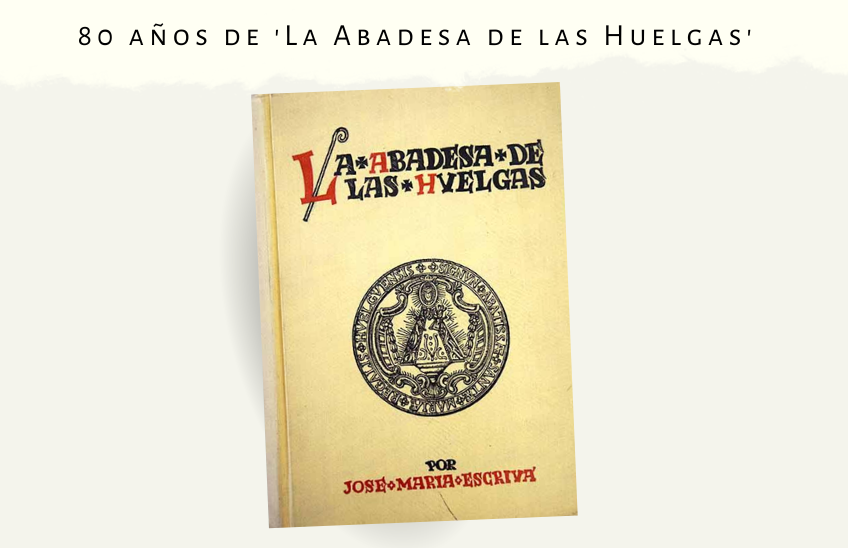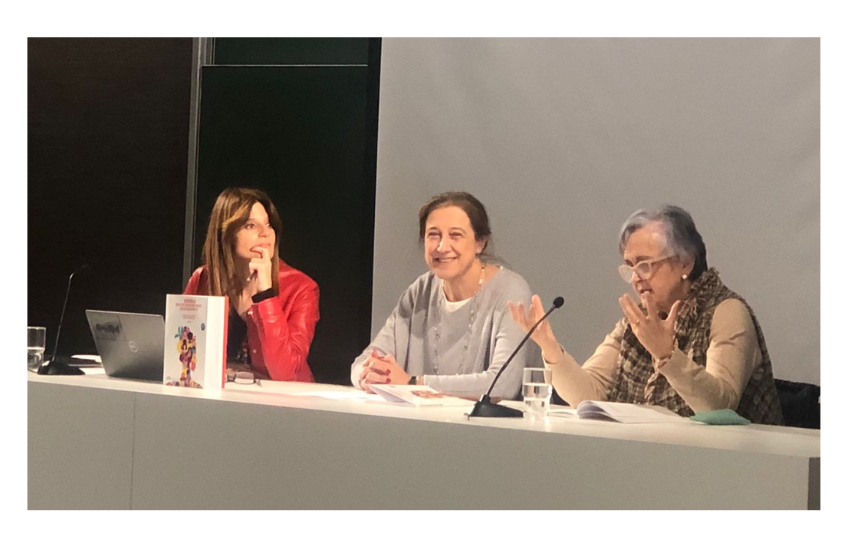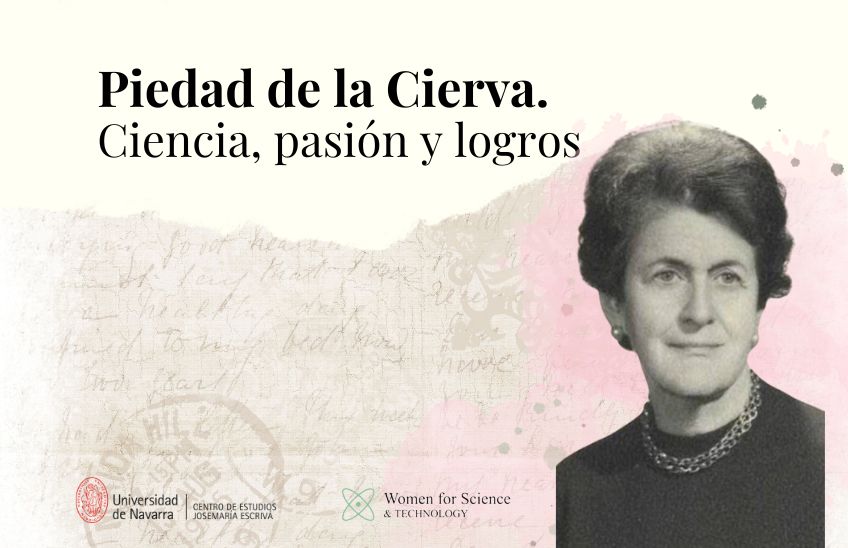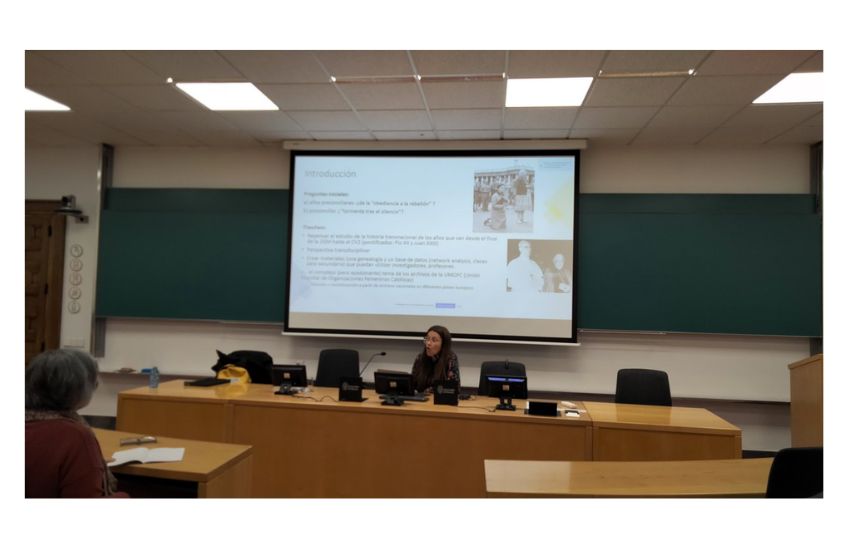News_Tomás Alvira in the context of the history of Opus Dei
seminar from research: "Tomás Alvira in the context of the history of Opus Dei".
The seminar took place in Pamplona on January 17.
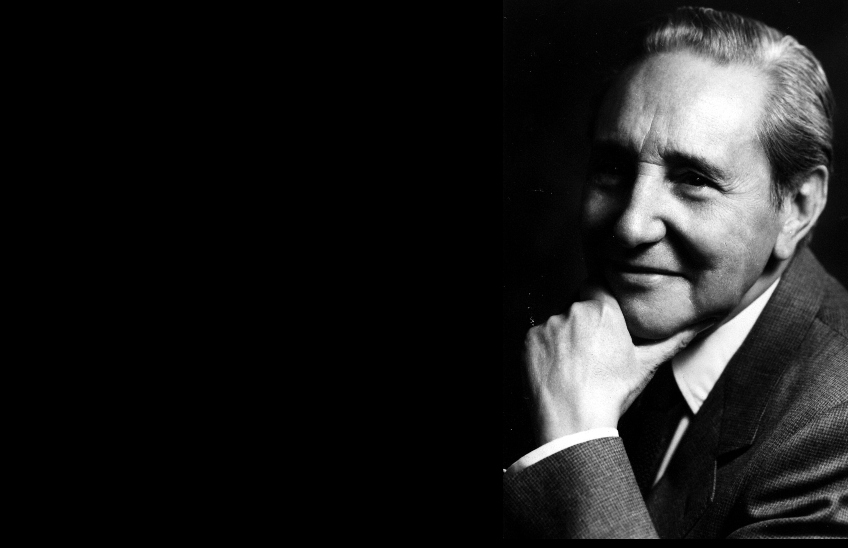
On January 17 at 4:30 p.m. there was a seminar organized by the CEJE at classroom 32 of Central Building. The speaker was led by Alfredo Méndiz, doctor in history from the University of Navarra and deputy director of the Istituto Storico Josemaría Escrivá (ISJE), whose session was entitled "Tomás Alvira in the context of the history of Opus Dei".
Tomás Alvira (1906-1992) studied chemistry at the University of Saragossa, taught at teaching average in La Rioja and Asturias, and met Josemaría Escrivá in Madrid during the Spanish Civil War. In 1947 he was one of the first three supernumeraries of Opus Dei. In 1939, after his marriage, he moved to Madrid and his degree program professor was spent at high school Ramiro de Maeztu. He collaborated with José María Albareda at the high school de Edafología, and with Víctor García Hoz at the high school de Pedagogía San José de Calasanz, both at the CSIC. Between 1950 and 1957 he also directed the high school Infanta María Teresa, for orphans of the Guardia Civil. In the 1960s he was one of the founders of Fomento de Centros de teaching. In 1976, after his retirement, he set up the Escuela de academic staff de Fomento, which he directed until 1986. Alvira is one of the great Spanish educators of the 20th century, in the words of the philosopher Leonardo Polo and the psychologist and pedagogue Manuel Carrascosa. For the history of Opus Dei, his figure is also relevant because, together with Víctor García Hoz and Mariano Navarro Rubio, he embodied a way of being in Opus Dei - that of being a supernumerary - which did not exist before him.


